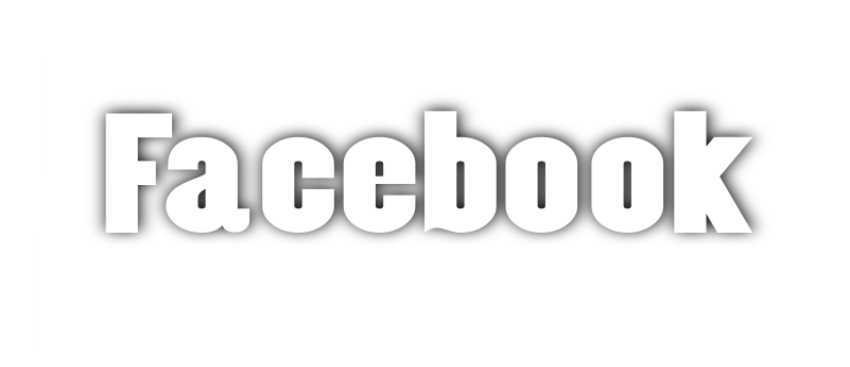The US Congress has warned Mark Zuckerberg, chief executive of Facebook Inc., that the era of social networking self-regulation is likely to be irreversible, following the leak of social network users and Russia's use of social media. misinformation campaigns during the 2016 presidential election.
During the hearings by US Senators, Zuckerberg agreed that some regulation is inevitable, perhaps even desirable, if it is not too restrictive. So whether or not the legislators agree directly or later, we will probably see restrictive arrangements in the functions and behaviors of the larger social network.
To mention that some possible government regulation on Facebook will mark the beginning of a new era for all things social networks. Below are some of the ideas out there (posted by Bloomberg):
Facebook and the example of Europe
Stricter regulations for companies collecting and using consumer data will be implemented by the European Union next month (General Data Protection Regulation). Already big technological ones businesses, such as Facebook, Google and Twitter have already decided to comply with the European regulation.
Zuckerberg even said during the hearings that Facebook plans to expand some of these restrictions globally. The General Data Protection Regulation or General Data Protection Regulation θέτει νέα πρότυπα για κάθε κάτοχο ευαίσθητων δεδομένων, από την Amazon even the (government) local councils. All involved should post clear terms and conditions for users and have one of them "Clear" consent. Consumers will be able to request the deletion of some of their data using the "right to be forgotten. "
Senators Amy Klobuchar (Democrat) and John Kennedy (Republican) have called for the upcoming regulation to follow some of the EU regulations.
Use of government supervisor-supervisor
Some members of Congress have suggested launching a "digital security service" to oversee how consumer data is shared online. The agency would have the power to impose fines on companies for data breaches and to set regulations on which data collection companies can collect data and how they can use it. When Democrat Raul Ruiz suggested the idea to Zuckerberg, the CEO said the idea "deserves attention," which we can translate as: OK, let's move on to the next question.
Transparent ads on the Internet
Facebook and Twitter support the "honest advertising" law, a bill proposed in the Senate by Democrats Klobuchar, Mark Warner and John McCain.
The law will add to the Internet advertising policies the requirements currently in place on television and radio: The ad sponsor should be known, and not as the critics point out, there should be no indication as to who is in reality.
Facebook has already announced changes to its advertising policies, which will hurt aspiring trolls and agents of foreign governments.
The Federal Electoral Commission is also asking for online advertisers to be notified.
The Right of Preference
Illinois has the only law in the country that gives users the right to legal action when a company does not protect their data as it claims. It is the only law that can be invoked for a Facebook action for any case where a user's image has been used without his consent.
Sites responsible for their content
Trump on April 11 signed a bill to combat online sex trafficking, which makes websites liable if they knowingly facilitate such crimes. The measure is a first step in holding internet companies accountable for the content of their websites. It is supported by Facebook and the Internet Association, a trade team comprising Facebook, Alphabet Inc. of Google and Twitter Inc.
However, several technology companies and commercial groups are concerned that the law will hurt innovation and that there will be frequent harassment for third parties using their platforms. The law could also be a precursor to fighting other online illicit activities, such as drug trafficking.
Breakdown of large companies
Some legislators have begun to talk about keeping the size of huge technology companies. 20 years of monopoly experience in the US has led economists and some technology experts to come to the conclusion that enforcement is too shabby, with negative economic outcomes.
Facebook and Google control more than half of US mobile phone ads. Facebook's share of social media traffic from mobile devices, along with WhatsApp, Messenger, and Instagram, reaches about 75%.
Republican Sen. Lindsey Graham asked Zuckerberg during the hearing if his company has competitors. "Don't you think it's a monopoly?" Graham asked. "I certainly do not think so," Zuckerberg replied.
- CLOUD: the law that passed under the table & concerns us all
- Facebook at Congress: 38 questions for Mark Zuckerberg





